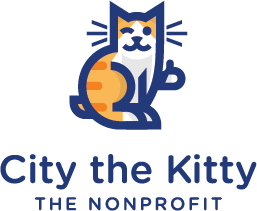Purdue’s AAHA Accredited Animal Hospital Profits from Declawing Cats
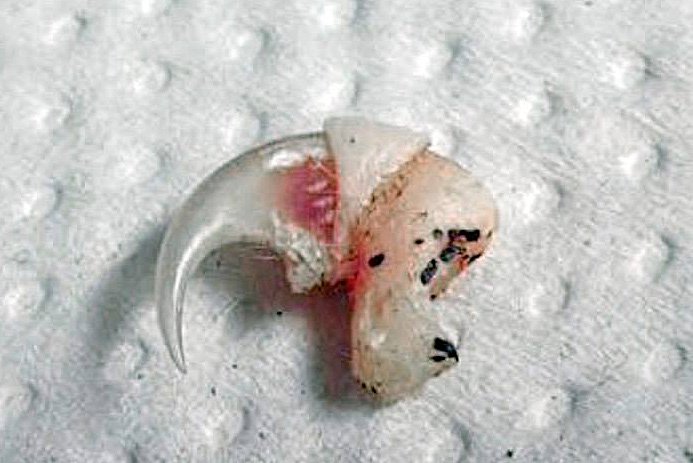
Purdue Veterinary Wellness Clinic says they do “pain free declaws” with their CO2 laser. How can burning off a cat’s toe bones and claws with a super heated laser be pain free? How is declawing “feline friendly” handling?
New Jersey Veterinarian Says Declawing Is Malpractice

The veterinary professional organizations have not recognized onychectomy for what it really is: malpractice.
For a veterinarian to harm an animal and with no physical benefit to that animal is
tantamount to malpractice. Despite cautions to their members for decades, professional
veterinary associations have not effectively reined in their veterinarians from performing routine
onychectomy.
In 2017 the NJVMA Said Only A Small Number of Declaws Are Performed & They Are Safe & Virtually Painless
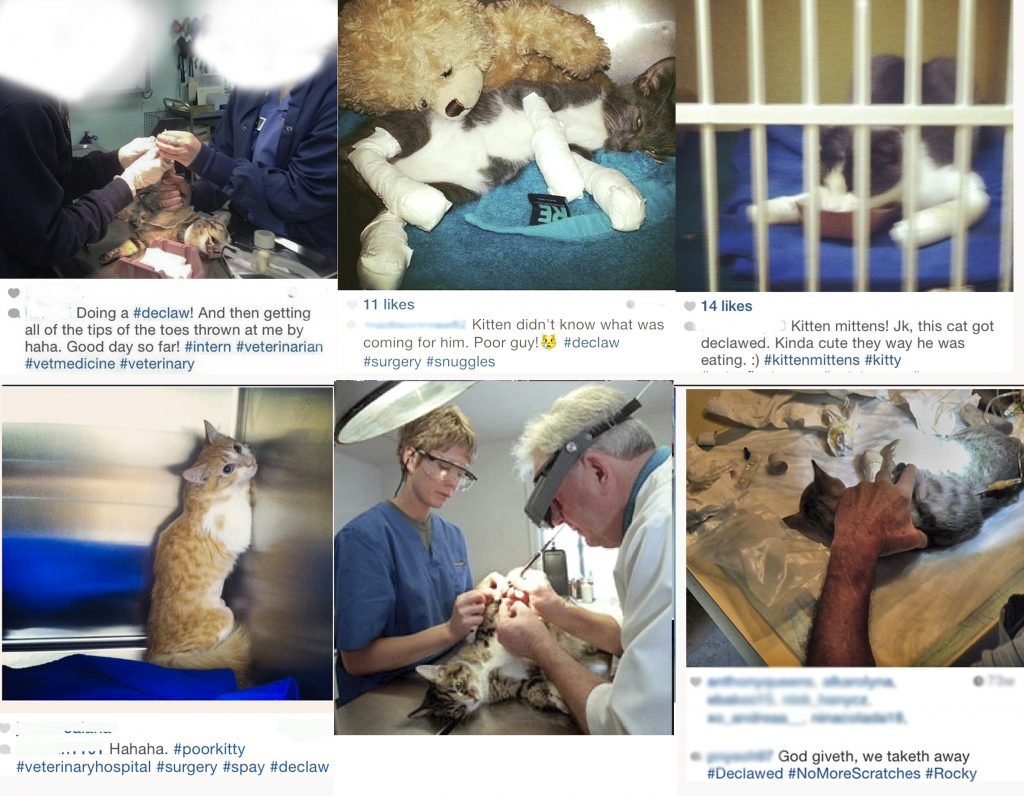
The NJVMA has to lie and use fake facts to protect their right to declaw cats.
It’s almost as if they know there is no good reason to declaw but are trying to convince themselves that it’s ok to still make money from mutilating cats.
One Giant Step For Catkind That All Veterinary Practices Should Take
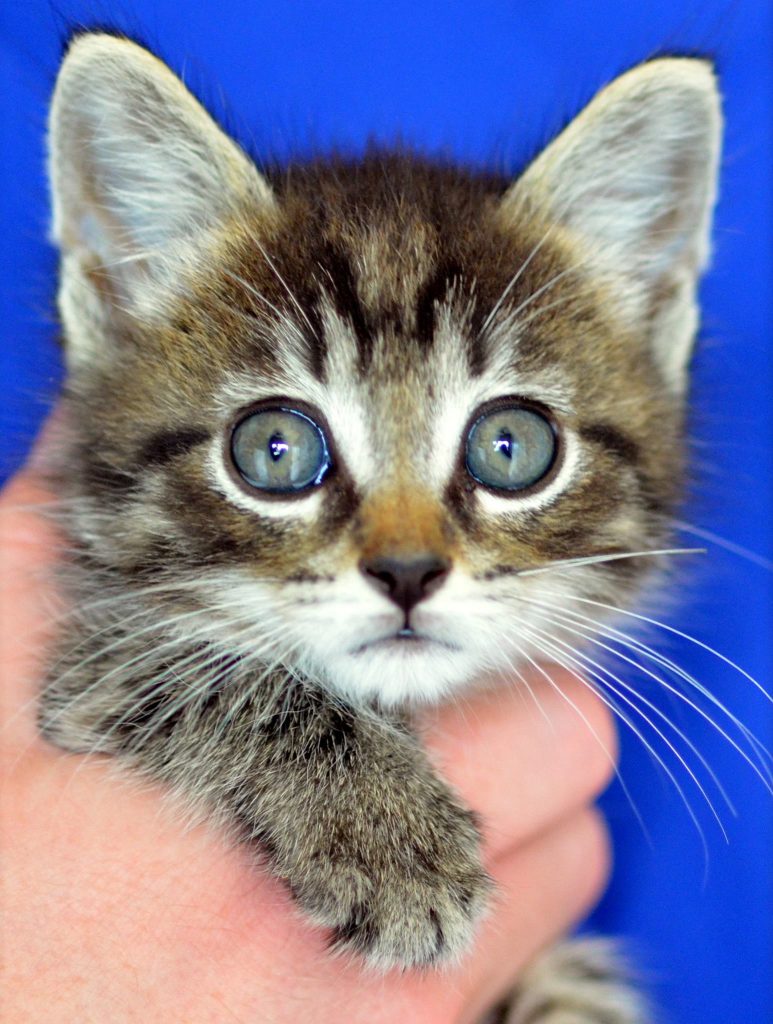
We used to believe that declawing cats saved their lives. We feared that cats with claws would be turned in to the shelters in record numbers, and that we were doing a good thing by making cats more likely to stay in their homes.
As it turns out, the numbers do not bear this out. When areas have stopped declawing, the number of surrendered cats actually dropped. This left us with a question. We know that even under the best of circumstances, a declaw is a major and painful surgery, (and no less so when it is performed with a laser, by the way.) It is an amputation of the end of the cat’s “finger,” not just the removal of the claw itself. And even when performed perfectly, can have life-long complications.
So we wondered, if we weren’t saving cats, and this procedure can be painful to cats, why were we doing this? Although we know furniture destruction can be a problem, it can almost always be prevented with the right techniques. Besides, when it comes down to it, as veterinarians, our main concern is the cats, not the couches. We have to do what is best for our patients.
Amputating 10 Cat Toes Is No More Painful Than A Neuter – NJVMA SpokesVet
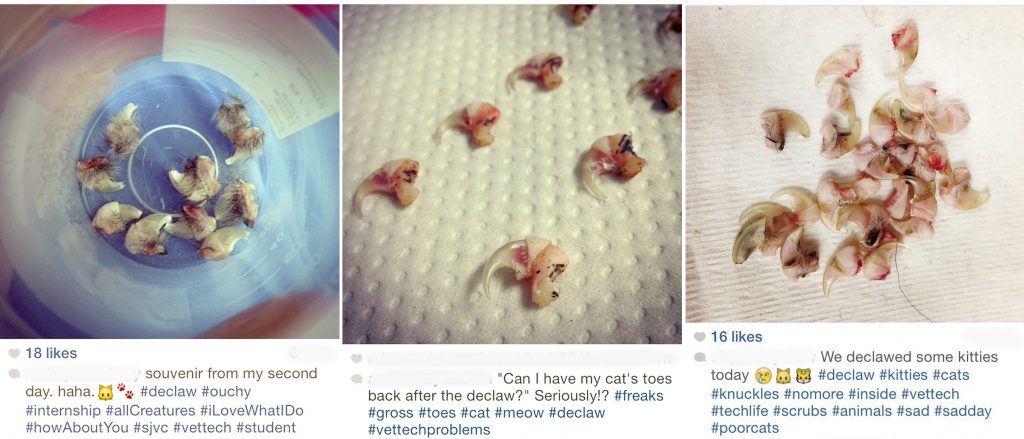
When cats start walking on their balls then we will start believing the NJVMA’s spokesvet Dr Yurkus and his animal hospital that declawing isn’t more painful than neutering.
Meanwhile, the American Association of Feline Practitioners’ policy on declawing states:
“Physically, regardless of the method used, onychectomy causes a higher level of pain than spays and neuters. Patients may experience both adaptive and maladaptive pain; in addition to inflammatory pain, there is the potential to develop long-term neuropathic or central pain if the pain is inadequately managed during the perioperative and healing periods.” [AAFP Policy Statement on Declawing, 2007.]
Declawed vs Normal Cats: Observable Anatomical Changes
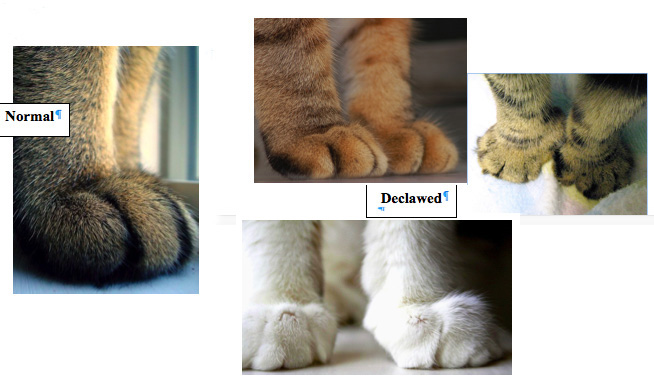
Declawing changes the conformation and weight-bearing characteristics of a cat’s paws. This paper graphically shows these physical changes.
How The NJVMA’s Past President Lied To New Jersey Legislators in His 2016 Testimony About Declawing
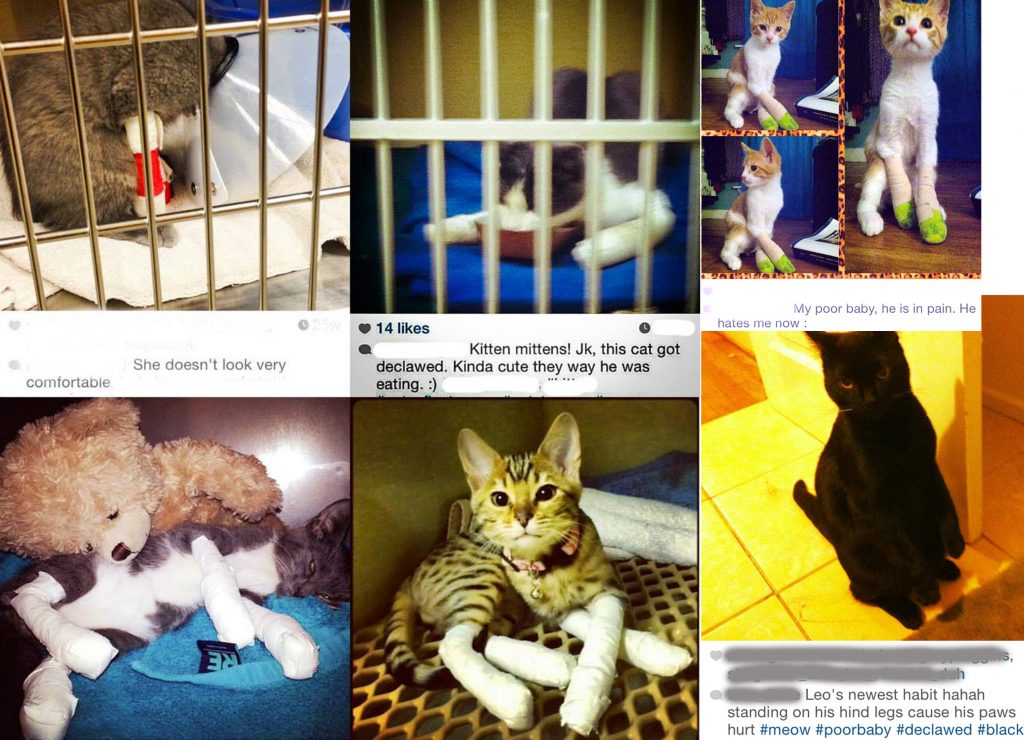
February 2023 Update. Dr Michael Yurkus, 2017-18 President of the New Jersey Veterinary Medical Association, is still declawing cats according to an employee at his hospital, Middletown Animal Hospital. An employee at this hospital said that declawing is a very painful elective procedure like if a human is getting plastic surgery. Researcher asked if it […]
NJVMA started a pro-declawing campaign called Love Your Cats NJ based on fears and speculations about increased euthanasia as a result of NJ anti-declaw bills. 2016
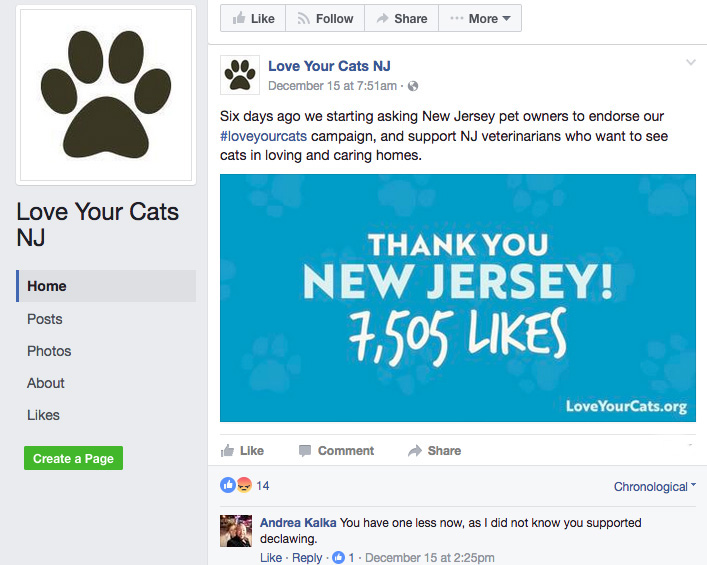
Ever wonder why NJVMA’s pro-declaw facebook page has more likes from countries that don’t speak English and likes from many other states, than from New Jersey?
Yep, the NJVMA doesn’t want you to know the ugly truth about their deceitful campaign and the lies in their testimony to NJ legislators, in their shameful attempt to stop our important cat protection bill.
The truth is, only around 2% of their followers are from New Jersey according to my investigation team. (197 followers) The rest are from places all over the world, from Canada, to the United Kingdom, to Afghanistan, Brazil, and many other states in America.
NJVMA Spokesvet Dr Mike Yurkus Defends Cat Declawing With Big Fat Lies To Legislators
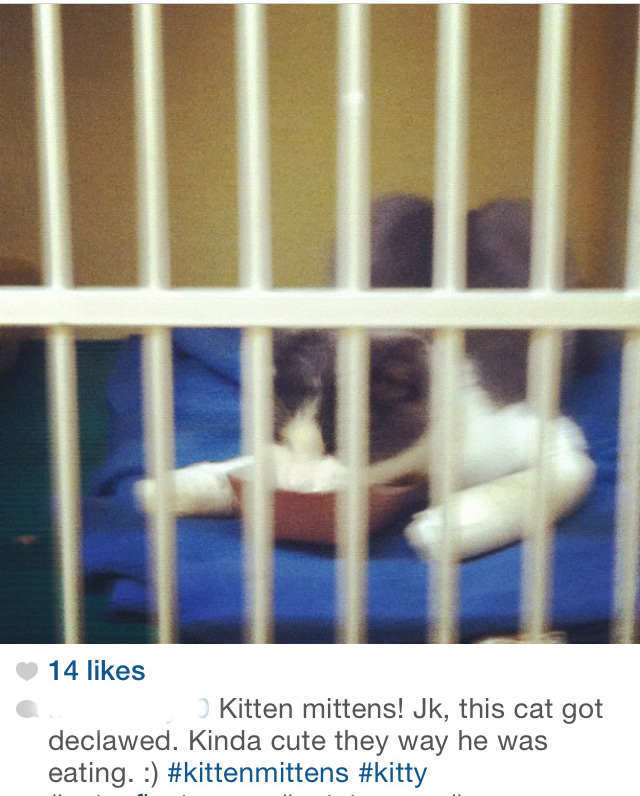
Dr Mike Yurkus, NJVMA board member, said, “It is incorrect that the last bone of the finger is removed. It is the nail bed. The claw bed is removed and the tendons are detached. Bone is not removed. We do not cut bone.”
FACT- Declawing is always the amputation of the last bone that the cat’s claw is attached to. Many of the New Jersey veterinarians, including one of the NJVMA board members practice Oradell Animal Hospital, in my study, uses the old school clipper method, which often cuts just part of the bone off and the cats are left with painful bone chips in their paws.
INVESTIGATIVE STUDY WITH 110 RANDOM VETERINARY PRACTICES IN NEW JERSEY
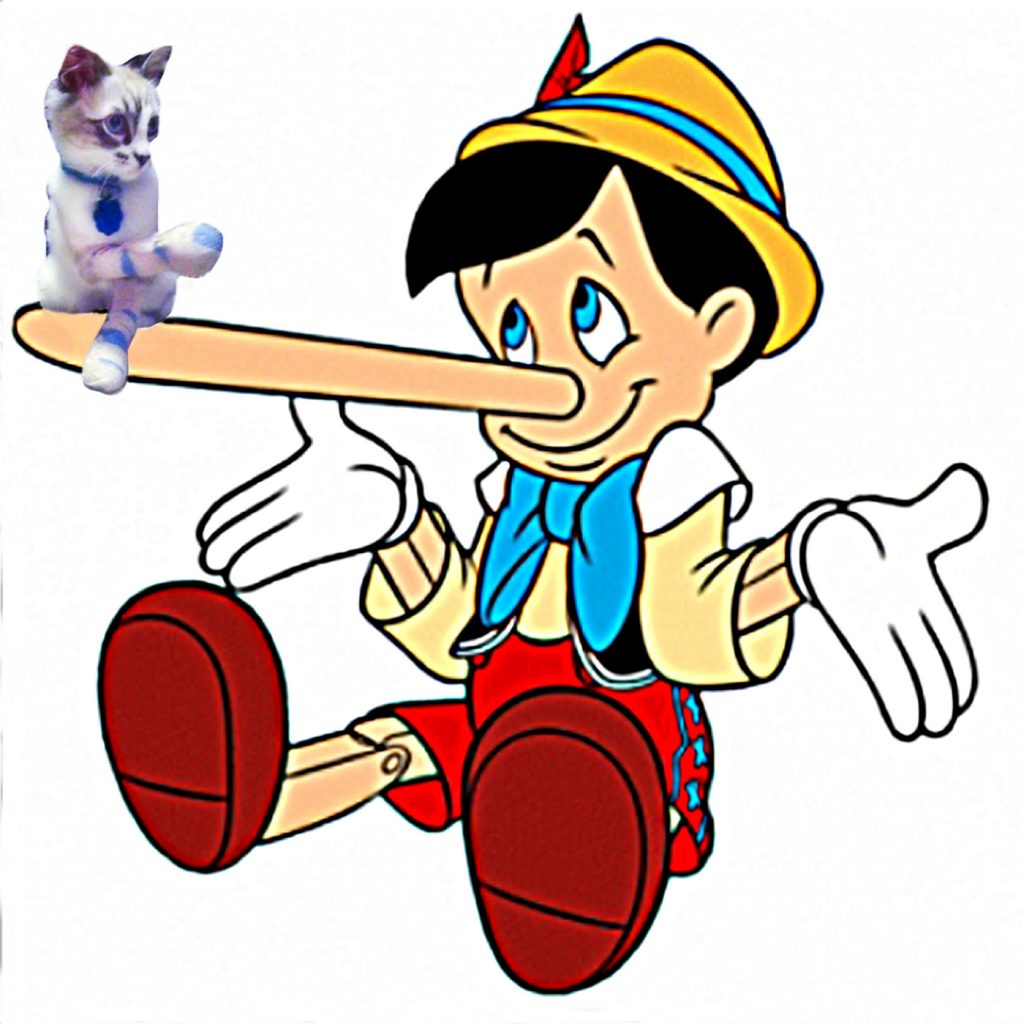
Of the 97 vets who perform declaws in this study, 72% said they do them frequently, commonly, often, routinely, or on a regular basis and more than one a month.
21% said they just do around one a month, very few or not often.
7% wouldn’t say how many they do.
Only 12% offered or suggested alternatives or asked why the cat owner wanted to declaw his or her cat.
